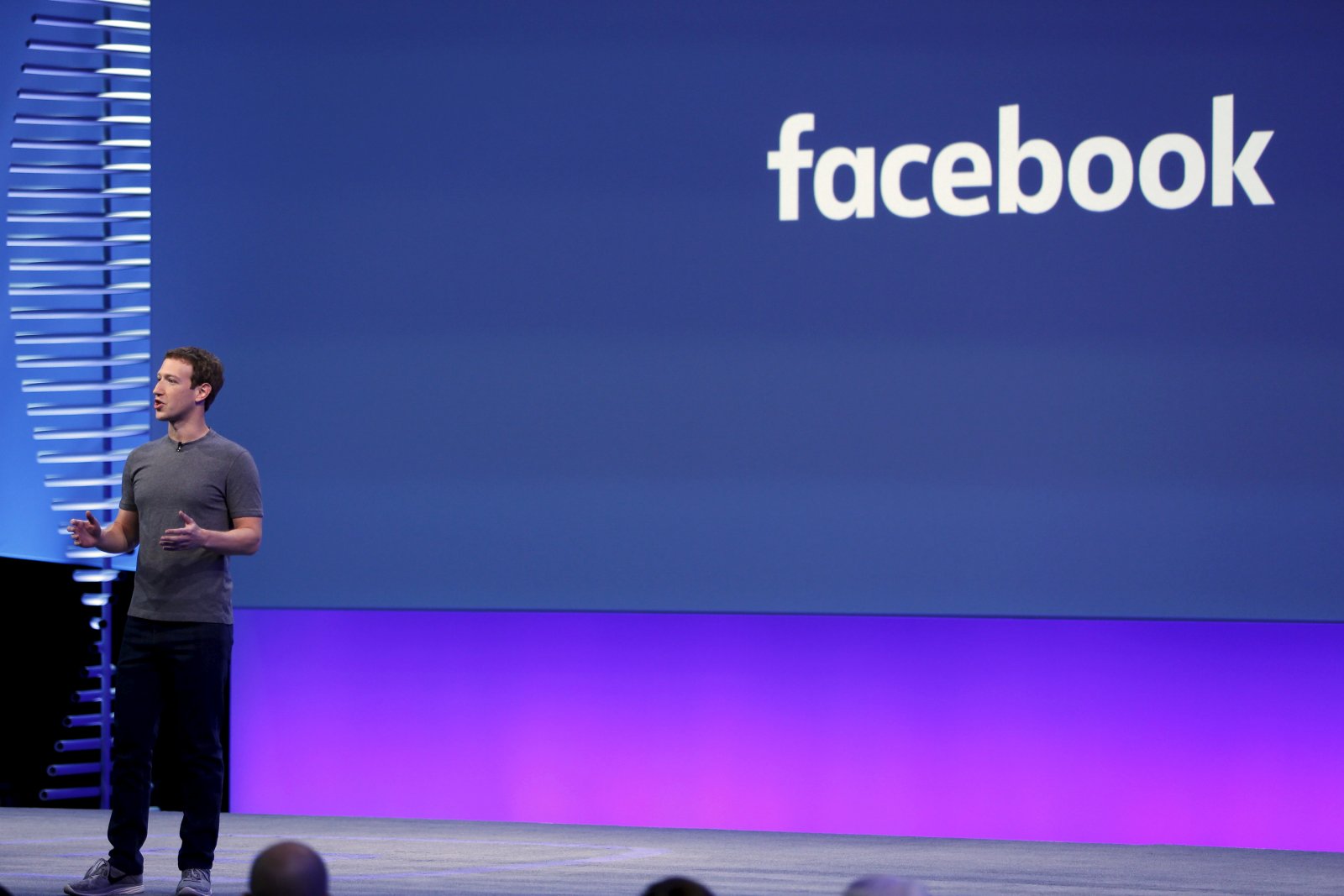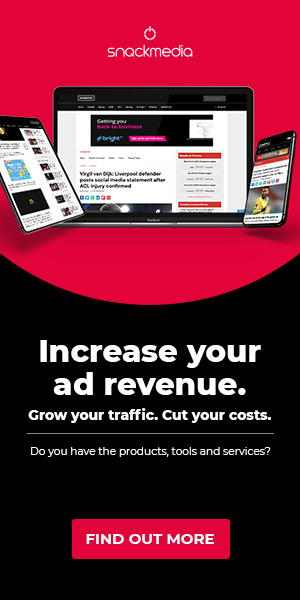Podcast: James Dickens of Yahoo! Sport on the conflict between publishers and Facebook
Not even the jarring urgency of a blaring fire alarm could stop the Digital Sport Insider podcast in its track this week.
As Dan McLaren sat down with James Dickens, Head of Sport at Yahoo! UK, the fire alarm signalled a break in proceedings, but armed with caffeinated beverages, the hurdle was soon overcome.
It was just as well, too. As the pair got their chat back underway, the topic of the relationship between publishers and social media platforms like Facebook came up straight away. And here, Dickens has some interesting points to make.
Over the last few years, the war between online publishers and social media platforms has intensified. Facebook, for example, wants to give its users the sort of content it thinks they want: very simply put, if it doesn’t, then it wonder why users would keep coming back.
Publishers, on the other hand, need the ubiquitous social media platform because of the traffic it drives: everyone has a Facebook account, and that means everyone who might be interested in your content can be reached there. To that extent, Facebook is, basically, the internet: it’s of vital importance to publishers, but there’s clearly a conflict between the two.
“As a producer of content, Facebook is something that can drive traffic and awareness of your brand,” says Dickens, “but obviously as things progress further – with things like in instant articles – it’s more about keeping the content on their pages and serving ads on their ecosystem rather than referrals back to the site of the publisher.”
“That’s difficult to rationalise because, at the beginning, when we and other publishers first started using Facebook basically as a marketing tool, you put stuff on there and people saw it was an interesting article or video and they clicked on it and you’d get people coming to your site where you could sell ad revenue. But it then started being such that, unless you put spend behind content, it’s very difficult to gain organic reach and organic traffic. So you’re then giving them content that they put in instant articles and instant videos and it’s served out of their platform.”
This is where the conflict intensifies, and where you start to ask yourself, “just what is Facebook?” Is it a benign framework where people can share ideas, photos and content without prejudice? Or, given there is an algorithm which serves content based on what it thinks the user wants to see, as well as the amount of spend the publisher has put behind it, does the social media platform actually editorialise content? And if so, shouldn’t it be regulated in the same ways that other media companies are?
One point made on a previous Digital Sport Insider podcast, by SportBible publisher Paul Rayner, was that most young people don’t want to go to a website at all these days, not unless they really have to. His point, to put it in its context, was about understanding that when people do come to a website, they expect it to be worth their while: people don’t want to come to websites unless they really have to because they wonder if the content is a waste of time. When it comes to the more clickbaity, virally corners of the internet, that’s not always the wrong mentality.
What happens next, though, is that content is often created specifically for social media platforms on the basis that people don’t want to leave Facebook, and lots of that content conforms to the idea that short, 30 second videos are the types of content people want to see. It’s probably what Facebook’s algorithm thinks, too. But the reality is, that’s only what people want to see when scrolling through their newsfeeds. Not necessarily what they’re actually interested in.
“Without taking the moral high-ground,” says Dickens, “that’s an issue with the integrity of the internet. If you consume your content through Facebook and Facebook’s algorithm controls what you see, politically and otherwise, you’ll get a slanted view of the world. I’m not saying everybody’s being controlled by Facebook, but it’s a dangerous precedent to set in terms of the integrity of the internet.”
And so we get back to the question of whether social media platforms are media companies. If they seem to favour certain types of short-form content, and if, increasingly, they require promotional spend, are users really getting a choice in the sort of content that’s served to them? And do they really have any viable alternative to Facebook when it comes to consuming content that’s shared by their friends and family?
“[Social media companies] don’t have any agenda,” says Dickens. “The Daily Mail or the Guardian, they have clear political agendas, but I don’t think platforms have political agenda except for who has the most money and who can pay them the most to drive that traffic.”
“That’s very difficult for a company like ours that wants to grow our sports users, and we want to do it slightly differently to the way that others do it. It’s partly because we have a legacy brand that’s got a lot of value associated with it already and we can’t be putting out certain types of content – that’s not a value judgement, just the situation we’re in.”
“Personally, I want to push agendas around women in sport, equality and, say, allowing players who are gay to come out… I want to be able to push that sort of content in a fair way, and I want that to get the same chance as dogs on skateboards and whatever else, and that’s not the case with these platforms. And that’s disappointing because you just get a growth of populism rather than content of value that will help society.”
As social media continues to bore its way into our lives, taking pride of place as the first apps we turn to when it comes to alleviating boredom and consuming news and opinion just as much as connecting with friends and family, the content we’re served up conforms to what works well on that platform. It’s a worrying thought that, rather than thoughtful, meaningful articles and videos which are quality pieces in their own right, the content we are given will attempt to conform to what works well on Facebook, tailored to a very specific framework of what people appear to want on only a handful of platforms. Perhaps only one.
Just like the metaphor of the fire alarm, this is a topic that should serve as a warning to reverberate much wider than just the sports industry.
About author
You might also like
The seven essentials for achieving successful sports branding
By Daniela McVicker When it comes to sports, great branding is a must. Your brand influences how people see your company or team. It helps you to forge connections with
Live Chat: A New Social Experience in Sports
Article written by John S. Kim, CEO and co-founder of global API company SendBird Social media rose to prominence throughout the world due to its potential for connection. Social channels provided the
Snack Media’s Football Content Campaign’s Review: February
By Mike Constanti This series, in partnership with Snack Media, will look at the best football campaigns from advertising to social media on a monthly basis, as Digital Sport evaluates how








